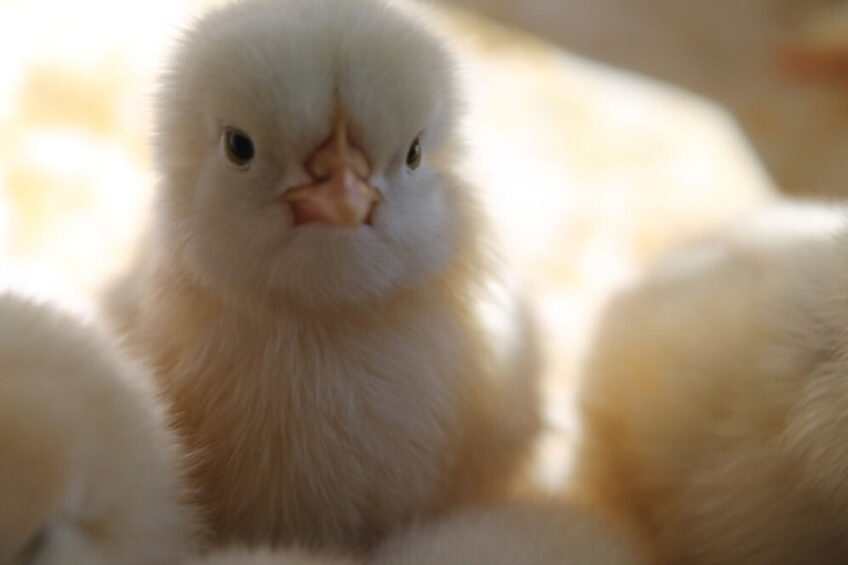Russia switches imported hatching eggs for breeding chicks

Russian poultry farms are abandoning hatching egg imports in favour of purchasing breeding chicks, the Russian National Union of poultry producers reported.
In January-April 2022, Russian hatching egg imports dropped by 38% to 158 million units, while the chicks imported surged by 54% compared to the same period of the previous year, to 490,600 heads. Most chicks were purchased in Belarus, Germany and the US.
The Russian newspaper, Kommersant, reported that a sharp rise in the price of hatching eggs was one of the rationales for Russian poultry farmers to revise their breeding programmes. To some extent, the price hike is attributed to logistical challenges caused by Western sanctions. For instance, several Russian business unions estimated that the cost of delivering a container from Europe jumped to €11,000, compared to €3,200 in early 2022.
Surging prices
As explained by Genrikh Arutyunov, general director of Russian poultry producer Trust-Poultry, from the end of 2021 to March 2022, the average price of hatching eggs jumped by 70-80%. “The production of a hatching egg is 30% cheaper than buying them,” said Arutyunov.
Given rising production costs, Russian poultry companies know their own breeding chicks could not compete on the market pricewise and maintain profitability at an acceptable level, Arutyunov said.
Threat of sanctions
However, switching poultry farms to chick imports is also associated with some risks. As estimated by Arutyunov, to keep farms running, breeding chicks must be purchased 4 to 6 times per year. If in Russia there are still no crossbreeds with sufficient productivity, all market participants purchase chicks from Aviagen or Cobb, he added.
Kommersant reported citing a source in the Russian poultry industry, Western sanctions were not expected to affect food imports, though it was hard to make any predictions.
Technical issues
Konstantin Korneev, executive director of the Russian consulting agency Rincon Management, told the Russian magazine Agroinvestor that normally purchasing hatching eggs is a preferable option because the mortality rate of chicks increases during transportation. In addition, basically, the cost of importing chicks is higher than that of hatching eggs, through the technology for transporting chicks is well-elaborated.
Korneev agreed that the current price of hatching eggs does not suit producers, and eventually, it turned out to be cheaper to import chicks. However, he described the idea of switching to chick imports as “a technical solution that reflects the situation at the present moment”.
“It cannot be said that this is something systemic or radically changing the industry,” he concluded.
 Beheer
Beheer







 WP Admin
WP Admin  Bewerk bericht
Bewerk bericht